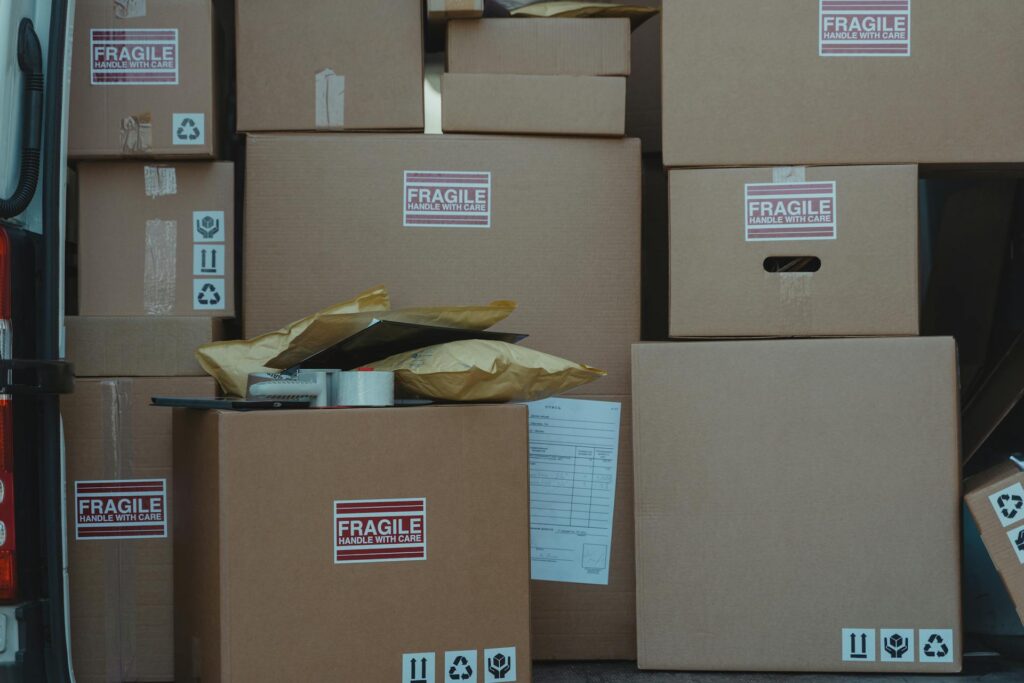A successful move starts with good planning. Breaking down your tasks week by week can help you manage the process without feeling overwhelmed. This guide provides a structured timeline that you can follow from two months before your move right up to moving day.
Eight weeks out, begin by researching and hiring a reputable moving company. Start decluttering your home and donating or discarding items you no longer need. It’s also the perfect time to gather packing supplies.
Six to four weeks before the move, focus on notifying utilities and service providers, updating your address with important institutions, and starting to pack items you don’t use daily. Label boxes clearly and keep an inventory.




Two weeks out, confirm your moving date, arrange for time off work if necessary, and prepare for moving day by packing a bag of essentials. Now is also a good time to clean your current home and make final arrangements.
On the final week, double-check everything: all items are packed, paperwork is ready, and the moving truck is scheduled. With everything in place, you can step into your new home confidently and stress-free.
As global demand for sustainable materials grows, Chemid is pioneering advancements in eco-friendly polymers. These materials not only provide the durability
Chemid’s sustainable polymer solutions are being adopted across various industries, from packaging to automotive, helping companies meet their sustainability goals without compromising on quality or efficiency.
Cutting-edge Fuels
Discover how Chemid is developing cutting-edge fuels that promote cleaner energy and support the global transition to renewable sources.
As the world moves toward greener energy solutions, Chemid is at the forefront of innovation in clean fuels. Our latest technologies are designed to reduce emissions and improve fuel efficiency, contributing to a more sustainable energy future.
A successful move starts with good planning.
Chemid’s commitment to developing biofuels and alternative energy sources is helping industries transition away from fossil fuels. Our fuels not only meet rigorous environmental standards but also maintain the high performance required by today’s industries.
Our facilities are equipped with state-of-the-art technology that minimizes waste, conserves energy, and reduces emissions. By continuously improving our processes, we are able to create products that meet the highest safety and environmental standards.
We also collaborate with industry partners to promote best practices in chemical manufacturing. Together, we are working to build a safer, more sustainable industry for the future.
- From automotive to aviation, Chemid’s fuel technologies are powering progress across sectors, ensuring that industries remain both competitive and sustainable.
- Learn about Chemid’s initiatives to support a circular economy through advanced recycling technologies and sustainable practices.
- At Chemid, we believe that a circular economy is the future of sustainable development.
- By promoting the reuse and recycling of materials, we aim to reduce waste and minimize the environmental impact of production processes.
Circular economy practices
Our advanced recycling technologies are enabling industries to repurpose used materials into high-quality products. This not only conserves resources but also cuts down on the need for virgin materials, supporting both environmental and economic goals.
- By working closely with packaging manufacturers, we have developed polymers that are not only cost-effective but also meet the growing demand for eco-friendly packaging options.
- These innovations are helping brands reduce their carbon footprints while maintaining product integrity.
- From food packaging to industrial containers, Chemid’s polymer solutions are helping companies achieve their sustainability goals and deliver products that meet consumer expectations for environmentally responsible packaging.
Chemid is working with partners across various sectors to implement circular economy practices. Together, we are closing the loop and moving towards a more sustainable and resource-efficient future.







